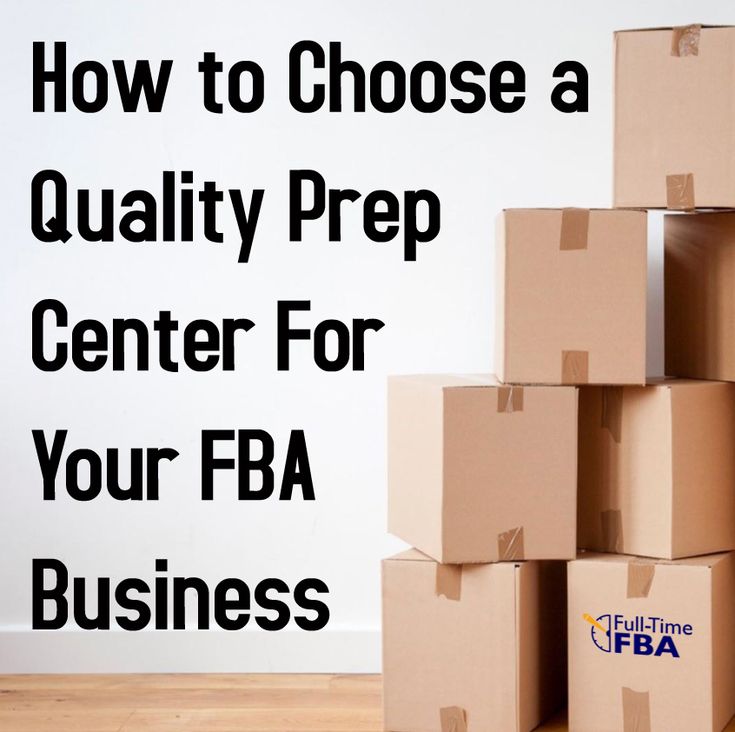Malta gives owners of Yachts looking to purchase a new boat reasonable savings on VAT. Yachtregistrationmalta.net is recognized by the EU and the vessels will be free to navigate in the waters without restriction and are EU VAT PAID. This registry has extensively grown in the past and has listed prestigious yachts on the sail. Regarding guidelines by the VAT department of Malta, the leasing services supply is taxable basing on the extent of utilizing the yacht within the territory of EU waters.
These guidelines establish a percentage of the lease based on the period that the yacht is in the territorial waters of the EU. The presumptions are tied to the length of the vessel and the propulsion means. The primary requirements are that the vessel needs to come to Malta at the commencement and end of the lease period when the option of purchasing is exercised. The agreement of lease needs to be completed between the lessor as the Maltese company and the foreign company or person as lessee.
Before the approval of the of this agreement, the commissioner of VAT will have to confirm the applicable rate as per the EU territorial waters requirement and the acceptability of the value of the yacht. For this reason, the craft’s valuation certificate is submitted alongside its application to the department of VAT for approval. The VAT and lease installment are payable monthly and the period will not be less than one year and not exceeding three years. It is recommended to choose twelve months.
The lessor of the yacht will make profits from the lease agreement above and over the boat value. The purchase value when the lease agreement comes to an end will not be less than one percent of the value of the yacht and is subject to an eighteen percent standard rate.
It is relevant to discuss the relevant tax benefits applicable under the Maltese government in relation to shipping firms that operate commercial yachts. According to yachtregistrationmalta.net, commercial yachts owned by shipping firms and registered in Malta pay annual tonnage tax in the place of income tax. This option is the most attractive one for clients that are contemplating chattering their yachts for commercial purposes.
The initial VAT paid by the purchaser at the source will not be payable to the supplier of the yacht by the lessor. In this light, there are three probable scenarios that might apply and the result might be refundable or nil VAT on the purchase of the yacht. The scenarios are; you purchase it locally, you purchase it from a member state, or if it is imported in the European Union. Distinct criterions apply on all scenarios and all clients in Malta will get details on all requirements.
The thing that would attract VAT payment is the supply services in the lease agreement. The taxable services are taxable according to the usage of the yacht in the EU territorial waters. Malta VAT is payable on a section of the lease payment made on the leasing company that owns the yacht. The portion is fully dependent on the type and length of the vessel. A yacht with a length that exceeds twenty-four meters will derive high benefits because only thirty percent of lease payments are subject to VAT in Malta.
The department that handles VAT will issue certification for being accounted for by the leasing firm after paying the first VAT installment. The Malta VAT department issues a VAT paid certificate after the lease if the yacht is given to the lessee. The assumption is that the yacht will be utilized partly outside and within the EU water territory. The length of the yacht shows the percentage of its use outside EU waters.






















